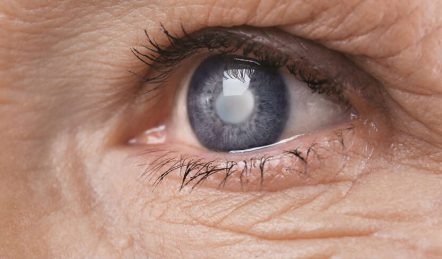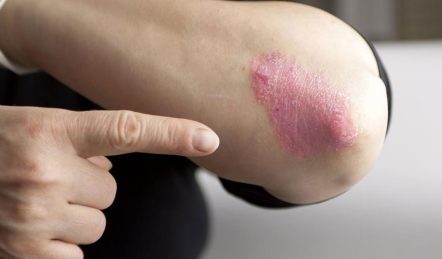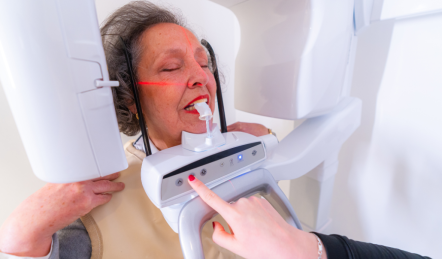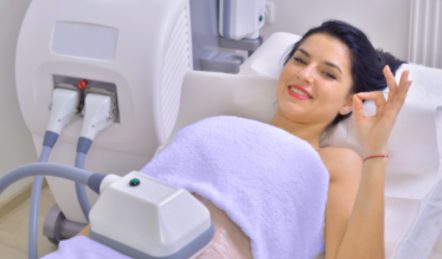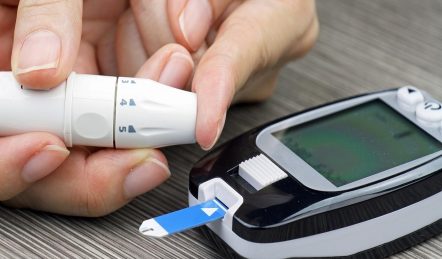5 Effective Self-Care Tips to Manage Psoriasis
Psoriasis is not just a nine-letter word. It’s a skin condition you have to deal with for the most part of your life. These may just look like red spots and patches, but it’s long-term effects on your emotional well-being may take a toll on you. But does it have to be this way? Not really! How do you manage psoriasis?
Do you know that you can follow self-care tips to manage psoriasis? If you’ve been looking for effective ways to manage psoriasis, today is your lucky day because you’ll find the answers here. The main goal of these self-care tips to manage psoriasis is to avoid flare-ups, achieve clear skin, go about your daily activities without being conscious of your skin, and of course, for your overall well-being.
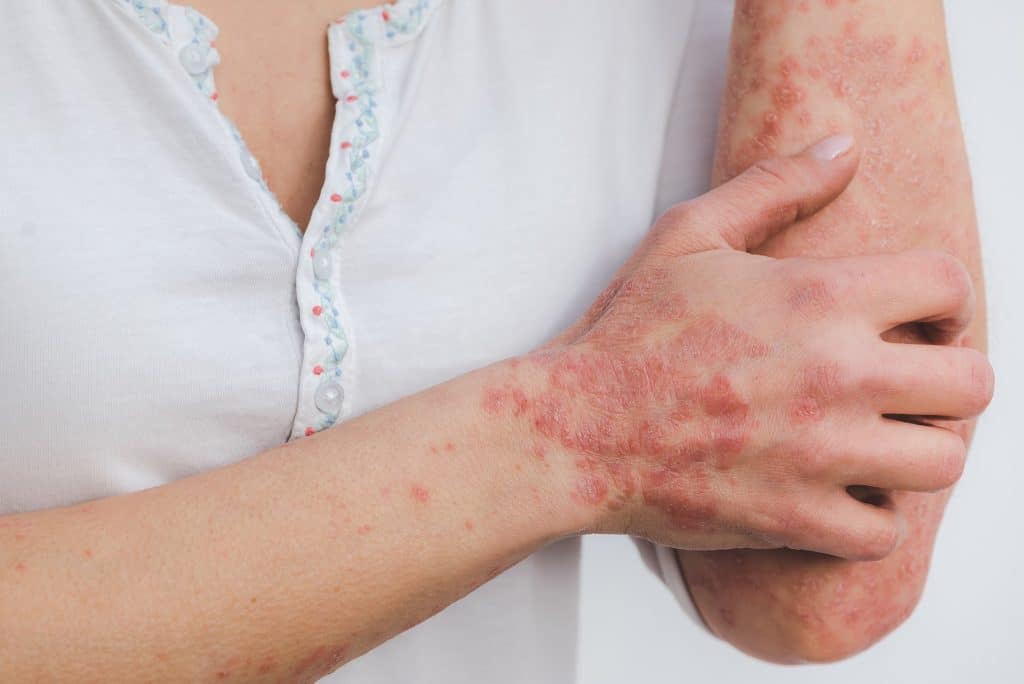
But First… What Is Psoriasis?
Psoriasis is a non-contagious and autoimmune skin disease that causes itchy, red, scaly patches. These patches usually appear on the knees, trunk, elbow, and scalp. The flare-ups may last for weeks or months and may go through cycles. At times it may subside for months; some may also go into remission.
Unfortunately, psoriasis is a long-term disease with no known cure. With its long-term effects, frustrations due to its discomforts are emotional torture for anyone who has psoriasis. So let’s cut to the chase and learn the five effective self-care tips to manage psoriasis. Whether it be for you or a loved one diagnosed with psoriasis, these tips are effective.
5 Self-Care Tips to Manage Psoriasis
Tip #1: Never Scratch, Scrape or Pick the Scales
The scaly flare-ups of psoriasis itch badly. As tempting as it is to scratch, scrape or pick those scales — never do that! That’s just going to cause more damage. You might think it’s a temporary relief, but it’s not. Picking or scratching the flare-ups will only aggravate the symptoms.
Instead of thinking about picking or scratching your skin, you should focus on moisturizing it. By focusing on that goal, you can reduce the dryness, itchiness, soreness, redness, and scaling caused by the flare-ups. How can you make sure your skin is always moisturized? Here are some tips to follow:
- Keep your skin moisturized using skin lotions or moisturizers after taking a shower
- Take a warm bath for 15 minutes (add oatmeal, bath oil, or sea salt if it helps) 1
- Make use of a room humidifier at home or in the workplace
Remember not to use scented lotions or moisturizers if you have psoriasis, which may cause further scaling. It’s always best to talk to your doctor and search for the best products online to use as a moisturizer.
Tip #2: The Sun Is Your Friend
Nature has a healing power you can’t get from any form of medicine. This is true, especially when managing psoriasis. So wake up early, get your walking shoes, wear comfortable clothes and enjoy the healing power of Mr. Sun. Go out and get some Vitamin D at least two to three times a week, for 10 to 30 minutes a day.
The ultraviolet rays of the sunlight can help your skin heal if you have psoriasis. The UV rays slow the abnormal skin growth caused by psoriasis and even heal the lesions. However, you have to take note to avoid the sun at its strongest times between 10 am to 4 pm.
According to the American Skin Association, sun exposure before 10 am is recommended. Also, too much sun exposure can cause a major outbreak, so you have to avoid this as well. Always use sunscreen before going out in the sun. People with darker skin may need longer sun exposure, while light-skinned people may be prone to sunburn when exposed to the sun for longer periods. 2
Tip #3: Live a Healthy Lifestyle
Psoriasis is not just a skin disease; it’s a disease of the immune system. This means what you do and what goes inside your body positively or negatively affects the disease. For instance, smoking and drinking alcoholic beverages are toxic to the body and can cause psoriasis outbreaks. 3
So if you’ve been dealing with psoriasis and don’t want to deal with flare-ups again, avoid smoking and drinking alcoholic beverages. Alcohol and cigarette smoking weakens the immune system. Your immune system is already affected by psoriasis, so you don’t want further damage to your body.
Psoriasis has no known cure, but you can definitely control it with what you do and your lifestyle. Living a healthy lifestyle if you have psoriasis also includes:
- Maintaining a healthy weight
- Eating the right foods and avoiding foods that can cause flare-ups (like avoiding processed foods)
- Avoid stressful activities
- Exercise regularly to avoid other diseases
Tip #4: Try Breakthrough Treatments
Thanks to breakthroughs and cutting-edge innovations in the medical field, there are new treatments you can try to manage psoriasis. Aside from topical solutions, some oral medications and injectables were shown to manage psoriasis flare-ups.
Some treatments are approved by the Food and Drug Administration (FDA), while some are not. That’s why it’s always important to talk to your doctor and do your own research online before trying them. Some of the breakthrough treatments for psoriasis include:
- Cosentyx: This prescription injectable medication is indicated for psoriasis arthritis or plaque psoriasis.
- Humira: Humira is an injectable medication indicated initially for Crohn’s disease. It’s been prescribed by some doctors to manage moderate to severe plaque psoriasis as well.
- Enbrel or Elrezi: These medications are also injectables usually prescribed to psoriasis patients four years old and above. These two types of medications help relieve scaly, thick, red scaly skin caused by psoriasis.
- Other medications: Taltz, Siliq, Cyltezo
Most of these medications need your doctor’s prescription. That’s why it’s important to visit your doctor’s office before trying these treatments. Never try medication without your doctor’s advice, as these may cause unpleasant side effects.
Tip #5: Try the Natural and Alternative Route
You now know that nature has healing power, especially the sun when it comes to managing psoriasis. Nature has a lot of gifts, and sometimes they’re the answer to medical concerns. There are natural and alternative routes you can try at home. Several herbal treatments may relieve psoriasis flare-ups and calm the symptoms. Some of these include:
- Aloe vera: Apply aloe vera to your skin to reduce scaling and redness. Also, aloe vera will keep your skin moisturized. If you have aloe vera plants at home, you can extract their juices and apply them directly to your skin. If not, you can buy organic aloe vera products in beauty stores.
- Apple cider vinegar: Apple cider vinegar is shown to have many health benefits when taken orally. But did you know that apple cider vinegar can also help soothe itching and irritation caused by psoriasis when applied to flare-ups? This is especially in the case of scalp psoriasis. Using apple cider vinegar directly to the scalp a few times a week soothes the scaling. It may smell a little, but what do you have to lose?
- Epsom or dead sea salt: Taking a warm bath in the tub once in a while and throwing in Epsom or dead salt can help stop the itching and remove the scales caused by psoriasis. Remember that it should be a “warm” soak, not “hot”.
- Turmeric: Turmeric tea does not only taste good but a homemade skin paste can be applied to relieve psoriasis as well. Turmeric is an anti-inflammatory herb that helps reduce psoriasis flare-ups and inflammation. How do you make turmeric paste? In a pan, combine 1 part of turmeric powder with two parts water, simmer until it becomes a thick paste, let it cool, store in a clean container, then apply to the skin.
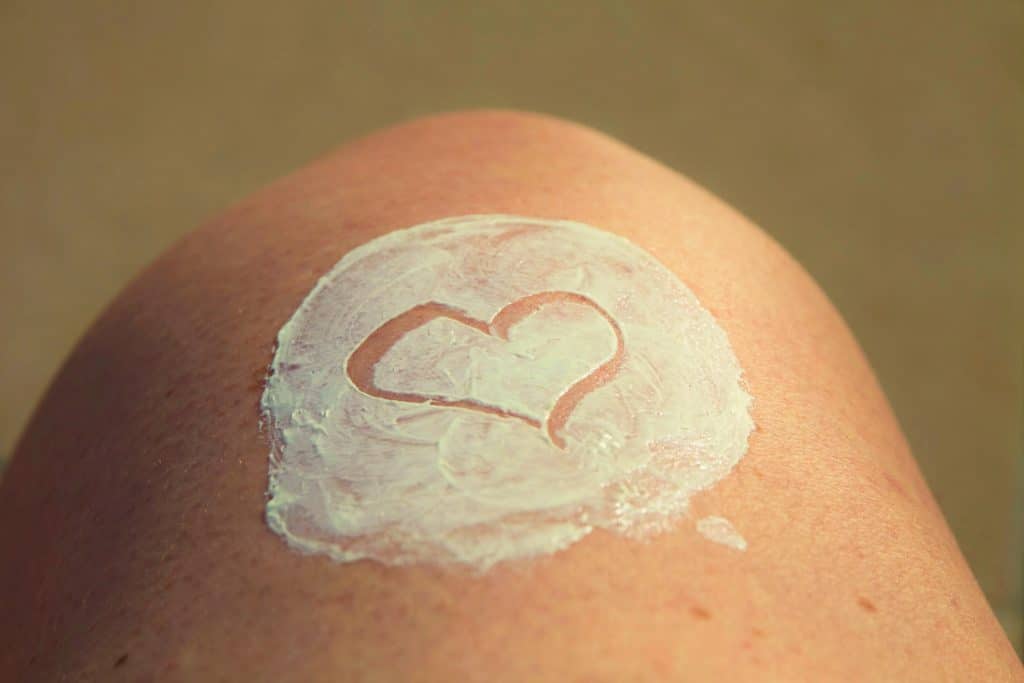
References:
1 National Library of Medicine
2 American Skin Association – Sun Safety
3 National Library of Medicine




